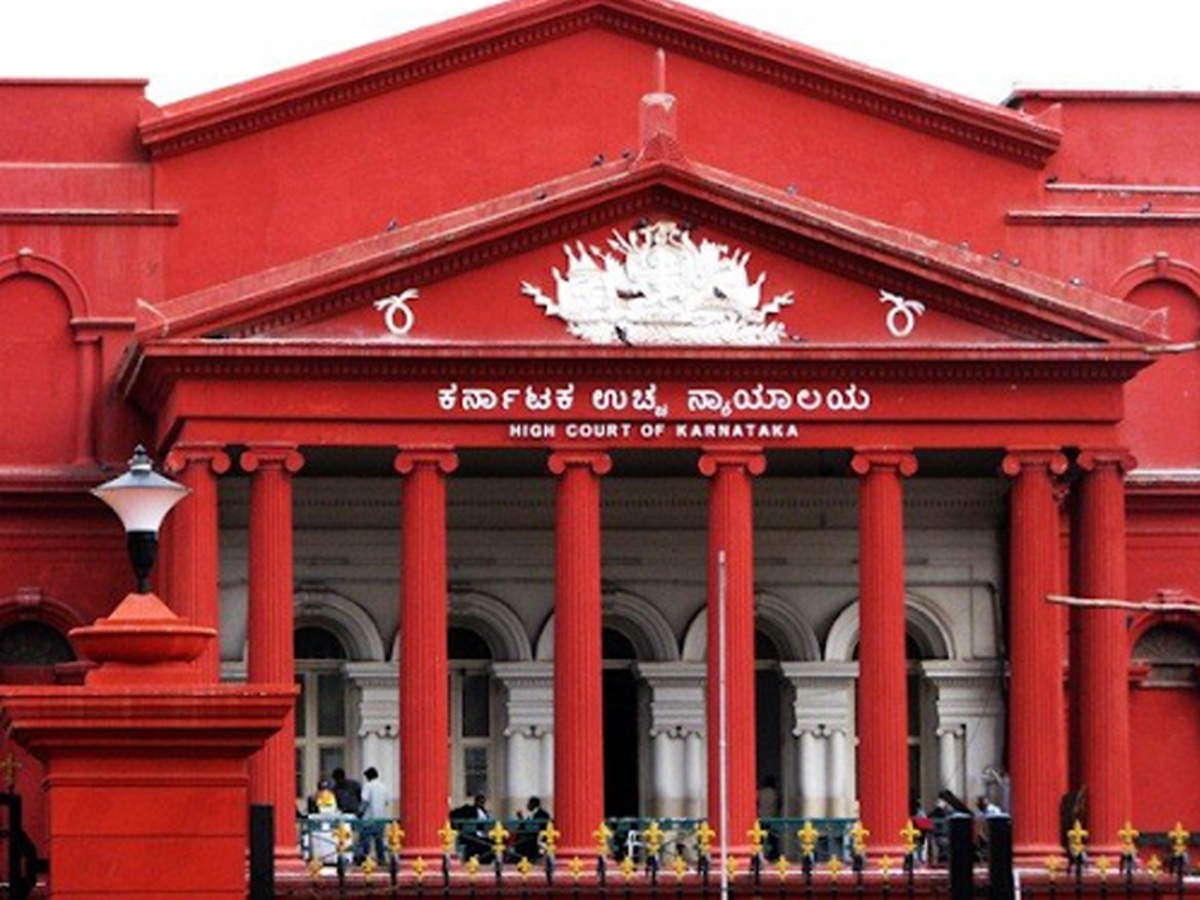“Life” encapsulated in constitution is not just assemblage of body parts, it has purpose, content & dignity: Karnataka High Court

A Division Bench of Karnataka High Court consisting of Justices Krishna Dixit and Krishna Bhat, while enhancing the compensation of a motor vehicle accident victim, recently noted that “life” as encapsulated in the Indian Constitution does not merely view human life as an assemblage of body parts but as an integrated core which has a purpose, content and dignity.
In the light of the above, Court held that any disability to any limb of the body which has a role to play in the functional-economic sense requires intervention by a court to award compensation.
The above was held in a case where the Karnataka State Transport Corporation bus, in which the petitioner traveled in 2009, met with an accident after colliding with a lorry parked on the side of the road. The motor vehicles tribunal granted the petitioner a compensation of Rs. 5,23,000 with 9% interest per annum.
The tribunal asked the bus transport company and the area administration to pay 70% of it while asking the lorry owner and the insurance company to pay 30%. The insurer of the lorry filed an appeal against the order of the Motor Vehicles tribunal.
Court dismissed the plea of the insurer and enhanced the compensation of the victim to Rs. Rs.6,11,000. Court noted that the materials produced before the tribunal show that the petitioner was running a tailoring business, which undeniably requires an able body and more particularly, a fully functional pair of lower limbs, which is affected.
They remarked, “It would be harsh, unrealistic, nay, almost nihilistic on the part of the Tribunal to ignore the philosophy of the constitution of India in the process of their decision making which sets great store by the dignity of human-being.”
Court noted that any disability, therefore, to any limb of the body which has a role to play in the functional-economic sense requires to be compensated. Court rejected the contention of the insurance company that the component of loss of future prospects can be awarded only when there is a loss of earning capacity where disability arises due to amputation.
It was held that ‘loss of future prospects’ is a forensic tool forged by the Supreme Court to offset the adverse effect of inflation on the assessment of loss of future earnings. It was further held that to link this component only to disability arising from the amputation of limbs defies logic and has no sanction of law.
The high court has held that courts are enjoined under the law to award “just compensation” and no compensation can be regarded as just unless the law is capable of reinventing itself by making proper adjustments as the “needs of the time require”.
Judges sometimes make law if the statutes made by the Parliament fall short of meeting the requirements of the time. In view of the above, the victims was awarded total compensation of Rs.6,11,000/- as against Rs.5,23,000/- awarded by the learned Tribunal.
Case title: New India Assurance Company Vs Abdul
